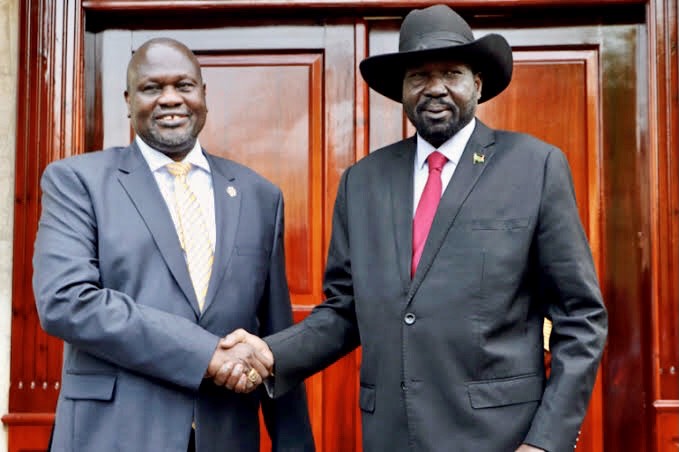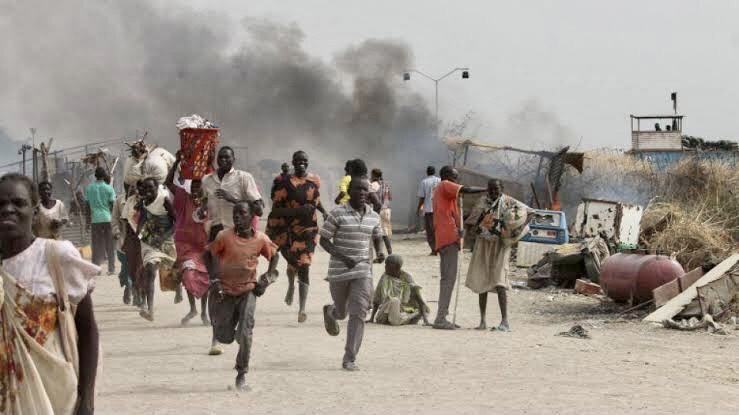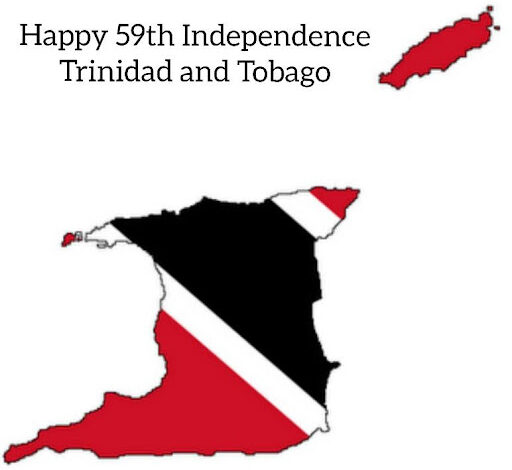
By Faith Nyasuguta
Salva Kiir, the South Sudanese president has penned a deal with ex-foe Riek Machar set to allow their rival troops to come together in a projected breakthrough for the reeling peace process, a cabinet minister has said.
The globe’s youngest country has been wallowing in chronic instability since its independence in 2011.
President Kiir and Vice President Machar have been tied in a tense coalition after the end of a civil war that lasted five years.
The announcement brings hope that the nation’s staggering peace process could shed years of drift, squabbles and yield a unified armed forces command, a significant bit of the 2018 truce agreement.
However, in what appeared like a show of distrust between the two involved sides, Machar’s spokesman denied that an agreement had been reached.

The cabinet affairs minister, Martin Elia Lomuro, had earlier revealed to journalists that the duo had agreed on a power-sharing deal to divide control of the leadership of the nation’s national security command.
“We have now come to the correct approach and it is agreed that we will now… share 60:40 percent,” Lomuro said.
Salva Kiir’s party is set to command the bigger share with the remainder set to be split between Machar and some other opposition parties.
The deal is set to help “create one unified security sector that will be dedicated to the people of South Sudan rather than to a political party or political group”, he said.
However, Machar’s spokesman Puok Both Baluang told AFP the unequal power-sharing was untrue and that the two parties had arrived at a 50:50 breakup.
Leadership at the national security command points at the commander-in-chief of South Sudan’s national forces and the army and police bosses.
When confirmed, the delayed deal will open the doors for Machar and Kiir’s rival troops to merge into a single army- a key safeguard against a future conflict that can also help breed stability to lawless regions of the country.

A 2018 truce and power-dividing deal halted a conflict that cost about 400,000 lives. However, most of Machar’s lofty cadres complained they had lost out under the ruling party arrangement.
Early August l, enemies in Machar’s party announced that they had ousted him as a leader-something allies said was a “failed coup”, but which raised fears on the already fragile peace process.
Machar said the drift sought to derail the formation of a unified armed forces command.




